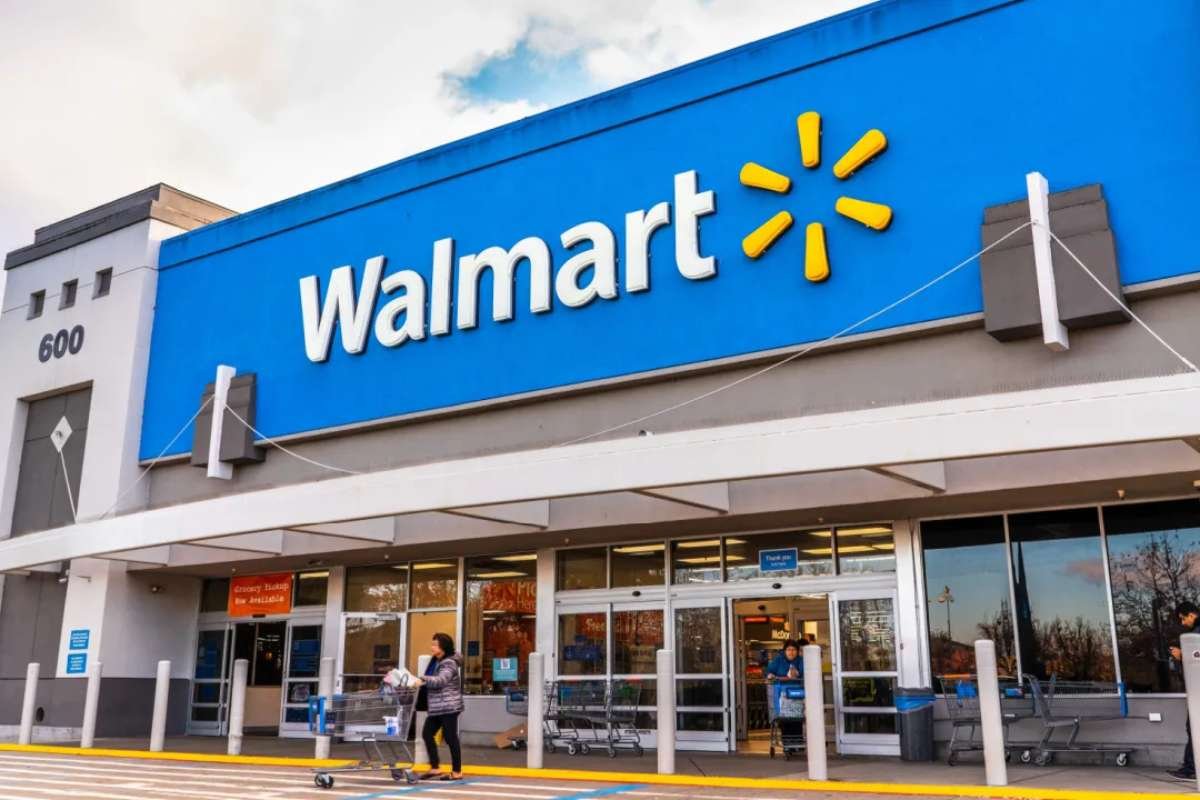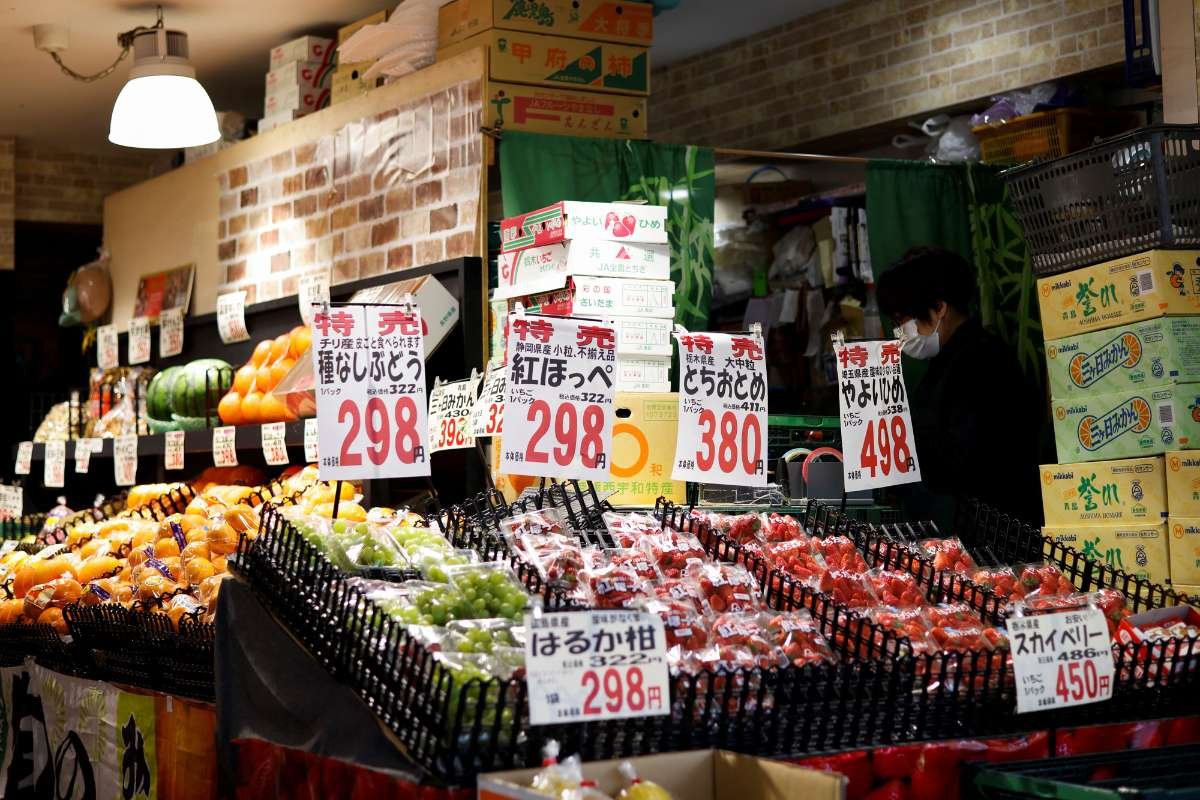The European Union has initiated an in-depth antitrust investigation into Mars Incorporated’s proposed $35.9 billion acquisition of Kellogg’s, the maker of Pringles and other popular snack brands. The European Commission announced the probe on Wednesday, citing potential risks to competition within the EU market. According to a preliminary assessment, the Mars’ acquisition may significantly strengthen Mars’ bargaining position with European retailers, which could result in higher consumer prices.
Originally announced in August last year, the deal would allow Mars, already a global snack giant behind brands like M&Ms and Snickers, to absorb household names like Pringles and Cheez-It. The acquisition is also seen as part of Mars’ strategic move to expand its market presence in emerging regions such as Africa and Latin America. However, concerns from stakeholders across the 27 EU member states have prompted regulators to examine whether the merger could harm retail dynamics and food affordability.
Concerns Over Market Dominance and Consumer Prices
The European Commission’s inquiry was spurred by a wave of complaints from EU retailers who fear the merger could tip the balance of power further in Mars’ favour. EU competition chief Teresa Ribera highlighted that the addition of Kellanova’s top-selling snacks and cereals to Mars’ already extensive product lineup may undermine fair pricing mechanisms in the retail sector.
“By acquiring Kellanova, Mars will add several very popular brands of potato chips and cereals to its already broad and strong product portfolio,” Ribera stated. She emphasised that the EU’s scrutiny is especially crucial now, as inflation and persistently high food prices continue to burden consumers across the continent.
The investigation will closely evaluate whether Mars’ expanded portfolio could influence retail negotiations and potentially lead to an increase in shelf prices for everyday food items, including potato chips and breakfast cereals. The Commission aims to determine if the Mars’ acquisition restricts competition or creates unfair market advantages for Mars.
Mars Responds to Regulatory Scrutiny
In response to the EU’s concerns, Mars expressed disappointment but maintained a positive outlook. The company defended the deal, arguing that the Mars’ acquisition would enhance product variety and fuel innovation in the snack sector. “We are disappointed yet remain optimistic that this investigation will be positively resolved,” Mars stated, noting that it is fully cooperating with EU authorities.
Mars contends that integrating Kellanova’s brands will not only benefit consumers but also support the company’s broader mission to grow sustainably and serve new markets more efficiently. However, EU regulators remain cautious, underscoring the need to strike a balance between market growth and consumer welfare.
The European Commission has set a deadline of October 31 to conclude its investigation and determine whether Mars’ acquisition of Kellanova will be permitted under EU competition laws. Until then, the future of the high-profile snack industry merger remains uncertain.
Visit The Enterprise World for most recent information.


















